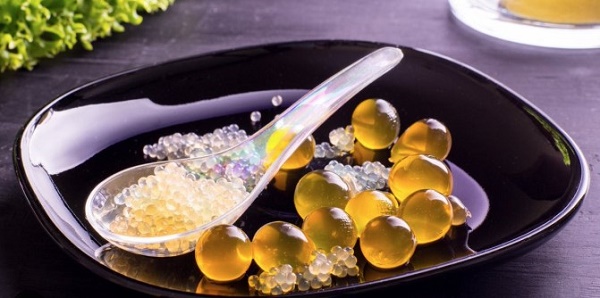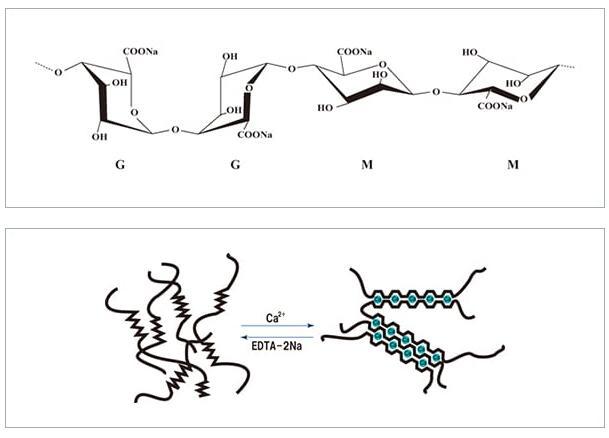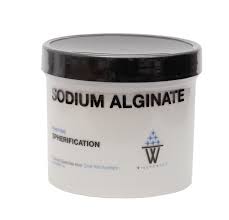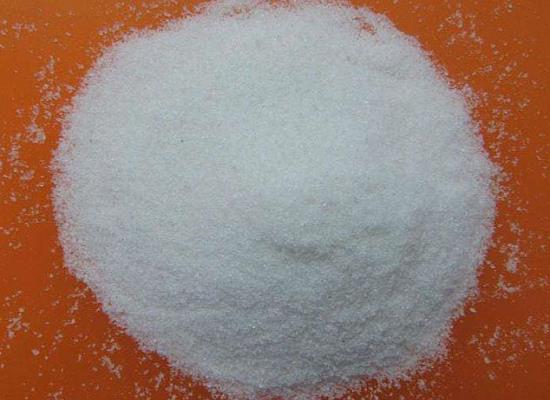Sodium Alginate: A Versatile Polysaccharide with Diverse Physico-Chemical, Mechanical, and Biological Properties
Sodium alginate is a natural polysaccharide extracted from brown algae such as kelp and sargassum. It is a natural polysaccharide with excellent biosafety, biocompatibility and renewability, and is widely used in many fields such as the food industry.
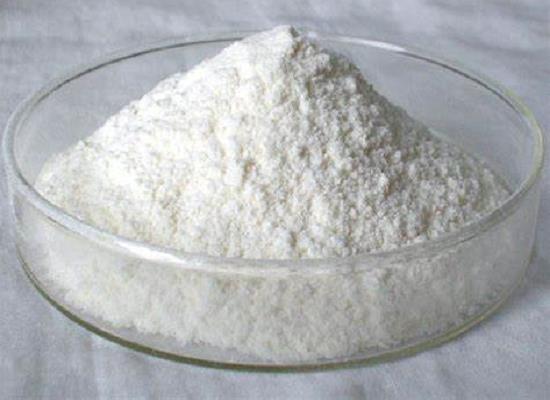
Figure 1. Sodium alginate
Structure and performance
The linear structure of sodium alginate makes it difficult to cope with complex water environments alone. It has poor mechanical strength, low structural stability and poor heat resistance, and faces challenges when used in pollution remediation matrices. As an adsorbent, sodium alginate contains a large number of carboxyl and hydroxyl groups on the main chain, which have extremely high adsorption affinity for many pollutant molecules. These groups can also react with specific pollutants to achieve selective removal.
Application
Modified sodium alginate is mainly used for dye removal, heavy metal ion removal, aromatic compound removal, phosphate removal and precious metal recovery.
Nano drug delivery system
Sodium alginate is a natural hydrophilic polysaccharide isolated from marine brown algae. Due to its biocompatibility and biodegradability, it is widely used in the field of drug delivery.
Antimicrobial hydrogels
Sodium alginate is a linear polysaccharide, a water-soluble salt of alginic acid, extracted from brown algae. It has the property of forming ionic tropical gels, which makes it very useful in various industrial applications.
3D bioprinting technology
Sodium alginate is a natural polysaccharide extracted from kelp or Sargassum. It can be ionized in aqueous solution, but in the presence of divalent cations Ca2+ and Mg2+, it quickly coordinates with these ions to form hydrogels.
Controlled release pesticide formulations
Sodium alginate is an anionic hydrophilic biopolymer extracted from brown algae. It forms gels by cross-linking divalent cations such as Ca2+.
Tumor targeting
Alginate is a polysaccharide component of the cell wall of brown algae and has been widely used in tissue engineering. Calcium salts or calcium alginate are usually used for enzyme immobilization or embedding in industry or laboratories.
Environmental impact
The application of sodium alginate rarely affects the pH of the treated wastewater, which provides it with an additional advantage in pH-sensitive areas.
Related articles And Qustion
Lastest Price from Sodium alginate manufacturers

US $0.00-0.00/kg2025-07-10
- CAS:
- 9005-38-3
- Min. Order:
- 1kg
- Purity:
- 99%
- Supply Ability:
- 20MT
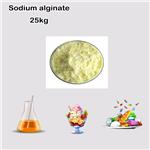
US $0.00/kg2025-05-06
- CAS:
- 9005-38-3
- Min. Order:
- 25kg
- Purity:
- 99% Food grade
- Supply Ability:
- 10000kgs

